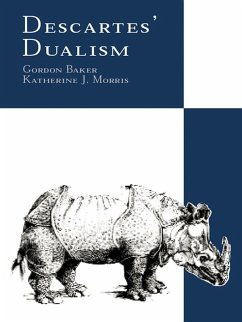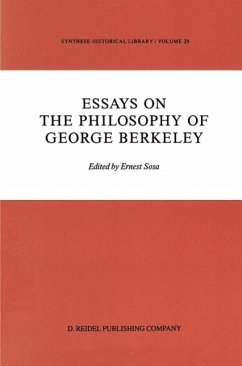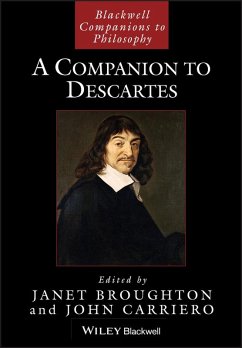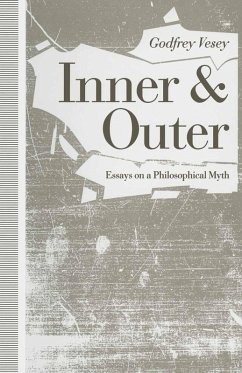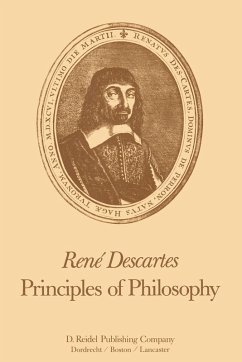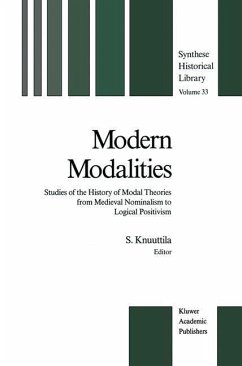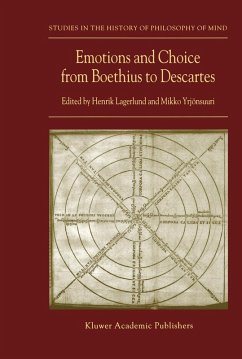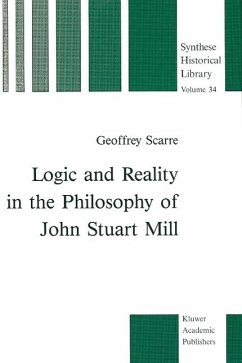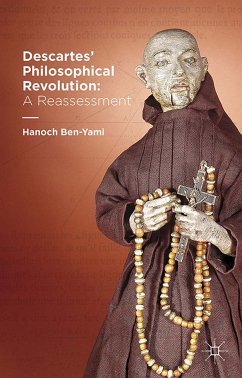
Descartes' Philosophical Revolution: A Reassessment (eBook, PDF)

PAYBACK Punkte
20 °P sammeln!
Ben-Yami shows how the technology of Descartes' time shapes his conception of life, soul and mind-body dualism; how Descartes' analytic geometry helps him develop his revolutionary conception of representation without resemblance; and how these ideas combine to shape his new and influential theory of perception.
Dieser Download kann aus rechtlichen Gründen nur mit Rechnungsadresse in A, B, BG, CY, CZ, D, DK, EW, E, FIN, F, GR, HR, H, IRL, I, LT, L, LR, M, NL, PL, P, R, S, SLO, SK ausgeliefert werden.



